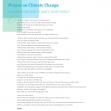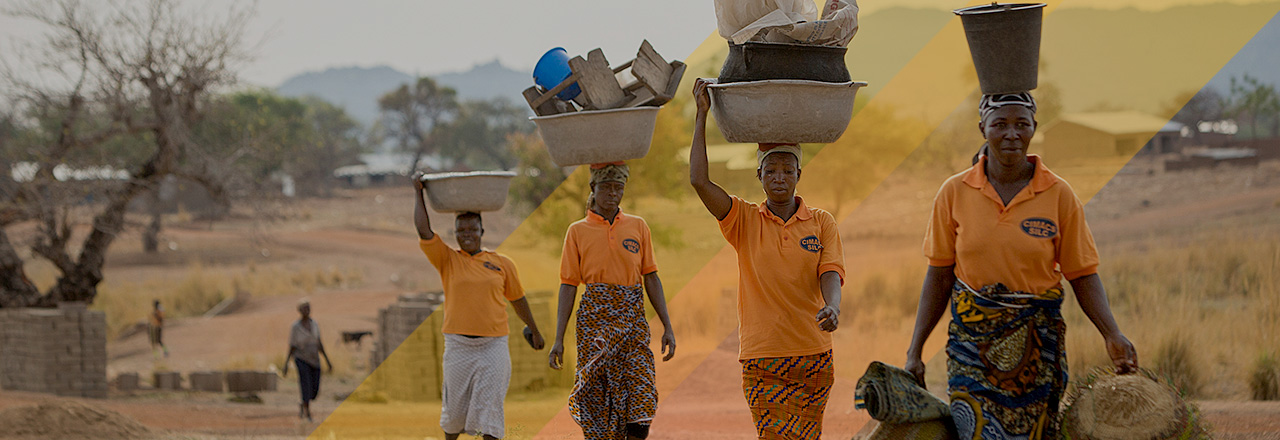

Rising Above Climate Change in Ghana
How does climate change affect small communities around the world? Unfortunately, there is not one easy answer. Persistent drought conditions or heavy flooding affect communities differently, but the key to resilience is a community that is united.
Ghana is a country where the effects of climate change are both varying and far-reaching. Ghana’s economy relies on several climate sensitive sectors, including agriculture, energy and forestry. That means any anomaly in the climate also affects the economic future of the country. Those most affected are usually the ones with the fewest resources and the most vulnerable.
Currently, Ghana is seeing increasing temperatures, declining and variable rainfall totals, rising sea levels and more extreme weather patterns.
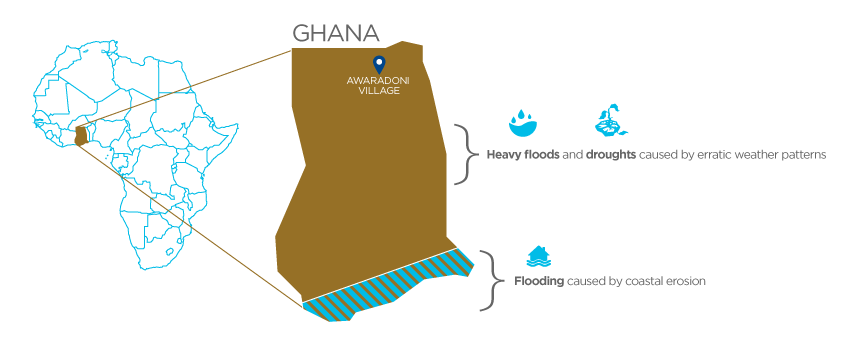
The people who live in Awaradoni village in the Upper East Region of Ghana live on the edge of climate change every day. This is how they are responding to their new normal.
Defensive
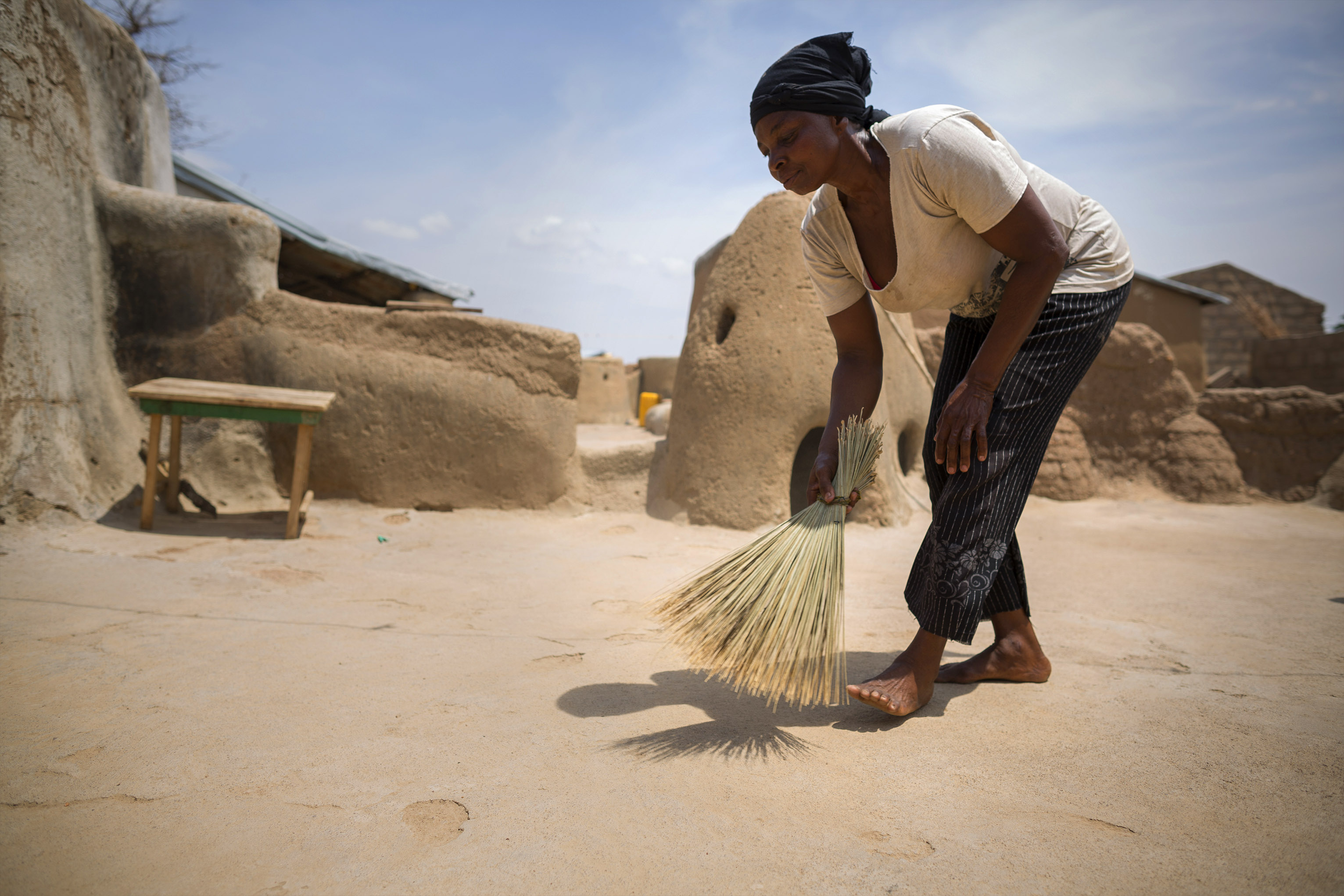
Farmers in Ghana have had their crop investments washed out by floods only to see their land taken by drought almost every second or third year. Photo by Jake Lyell for CRS
Resilient

Drought is leaving Ghana with long dry seasons and little rainfall. Crops like mangoes, pineapples, papaya and coffee suffer. Still, farmers continue to make strides understanding the climate and their land. Photo by Jake Lyell for CRS
Adaptive
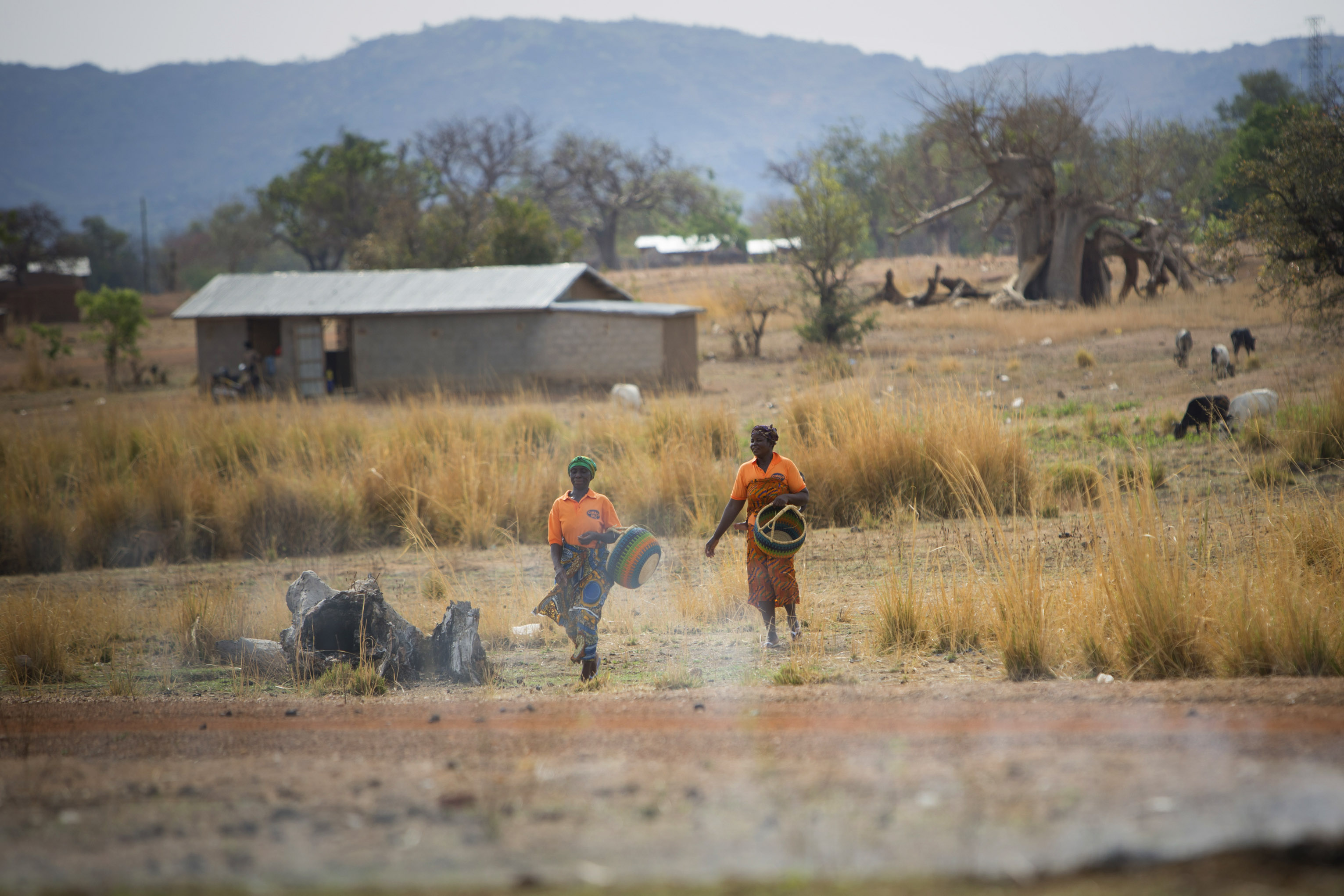
Rising sea levels and increased temperatures are causing a unique effect in Ghana. The coastal region experiences erosion. Inland, there can be extreme flooding with periods of drought. All of these factors can leave families displaced, homeless and landless. Yet, despite this, communities are standing together to rise above climate change and learning new ways to adapt to the changing region. Photo by Jake Lyell for CRS
Rising

As temperatures increase, sea levels will rise, causing flooding to homes along the coastal regions of Ghana. It’s estimated by 2020, there could be a seal level rise of 5.8 cm in some places. Photo by Jake Lyell for CRS
Determined
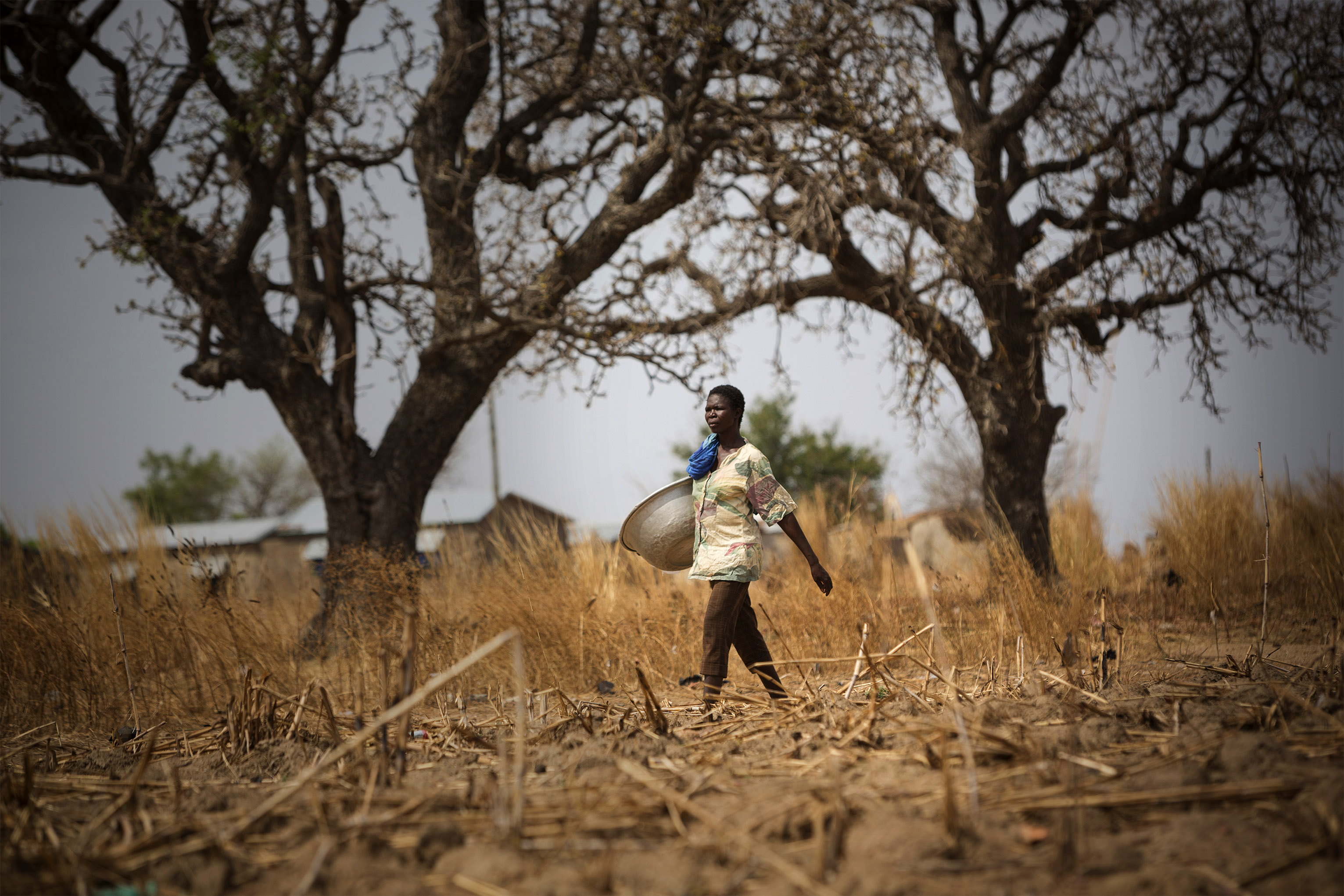
About 70% of the population depends directly or indirectly on agriculture (fisheries, crop and animal farming) and the forest sector. Photo by Jake Lyell for CRS
Hopeful
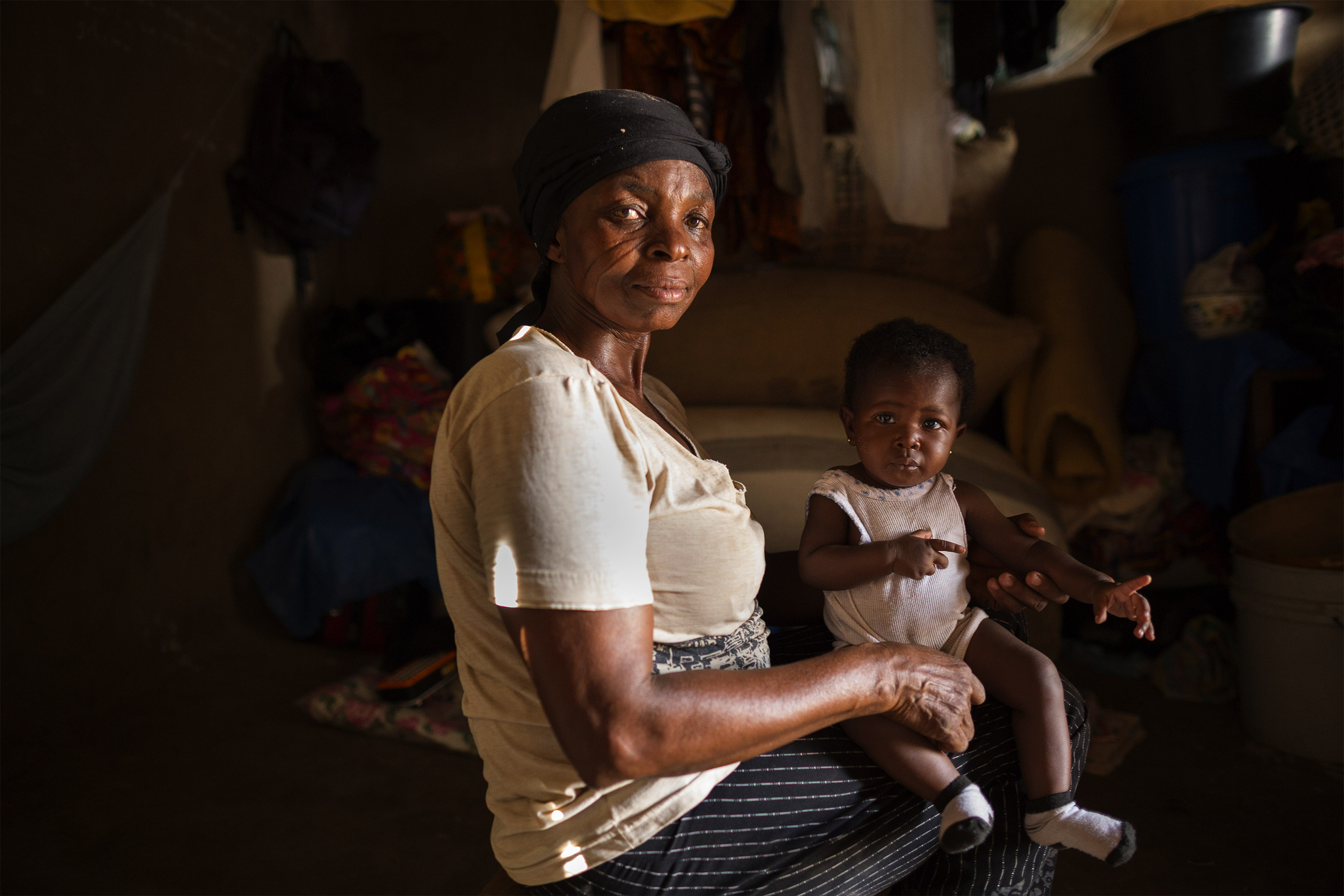
The ability to earn money through farming in Ghana is often limited because of climate change. But women like Rita are using earnings from the CRS’ savings groups to start a shea nut butter business. Through the program, women in the Awaradoni village now provide for their families by selling beauty products made from the shea nut trees in their community. These trees grow wild in the dry Savannah belt of West Africa. Photo by Jake Lyell for CRS
Together

When rising temperatures bring destructive weather patterns and cause crops to wither, the women in Awaradoni village work together as a support system. Here, they are processing and making rice. Photo by Jake Lyell for CRS
Active
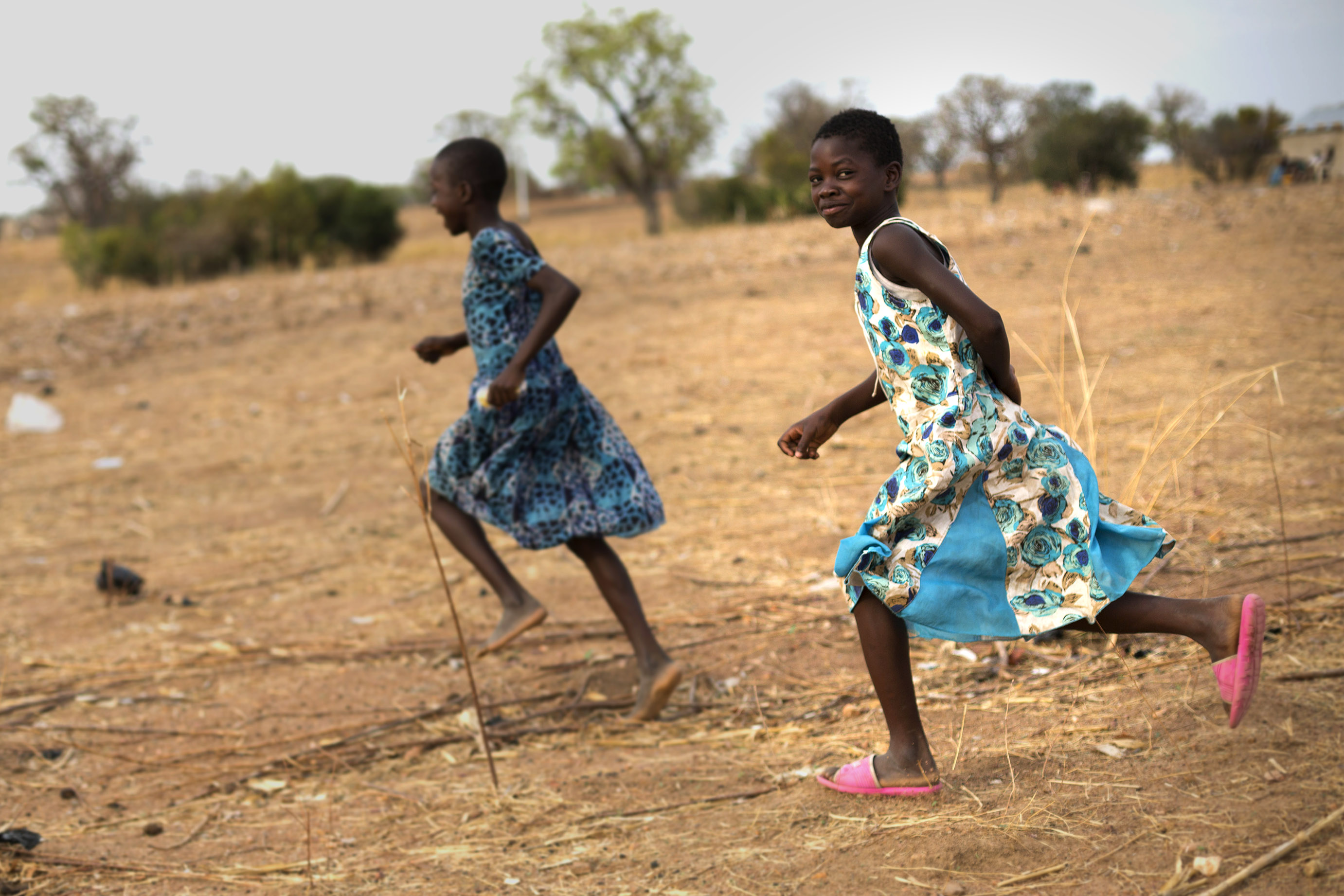
According to a Census report, two out of every five people in Ghana are 15 years old or younger. As the population continues to grow, CRS is there to help support communities as they continue to develop health, agriculture, water and microfinance programming. Communities are also working together to create awareness and adaptation strategies around climate change. Photo by Jake Lyell for CRS
Perseverant

The impact of climate change is affecting the education system in Ghana. The ongoing severe and extreme weather patterns affecting Ghana’s regions are challenging the infrastructure of schools. In recent years, some school buildings have collapsed because of flooding and erosion. Photo by Jake Lyell for CRS
Prideful
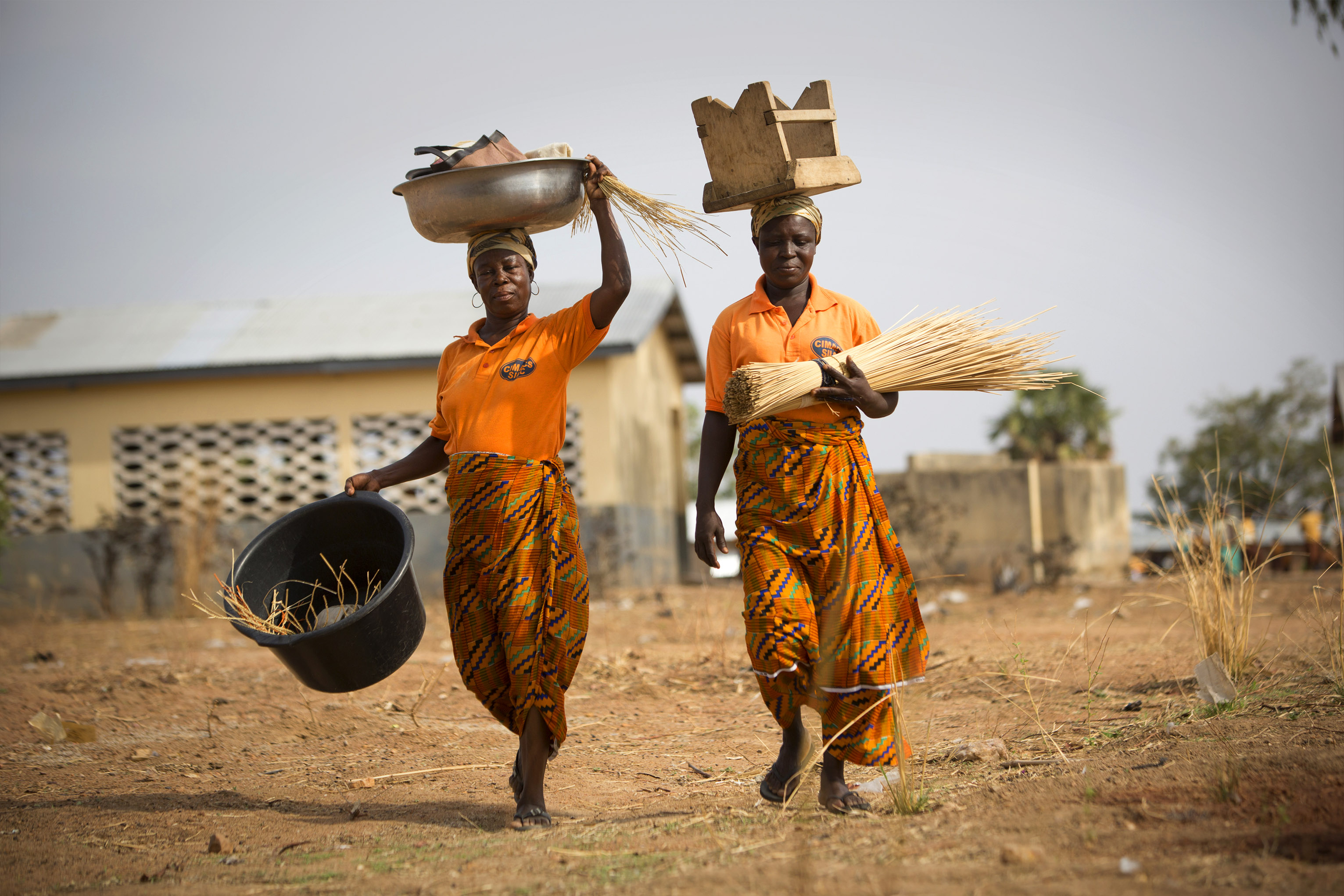
The ones who are impacted by climate change the most are the poorer groups depending on natural resource-based activities. These marginalized are often women. Photo by Jake Lyell for CRS
Proactive

This group of women began weaving straw baskets when weather patterns related to climate change inhibited their abilities to earn a living through farming. Photo by Jake Lyell for CRS
Dedicated

Nyaamah sits with her children on their sometimes profitable farmland. Photo by Jake Lyell for CRS
Dream Weavers

But thanks to a savings program, Nyaamah has a new dream: weaving straw baskets to sell to support her family. Photo by Jake Lyell for CRS
